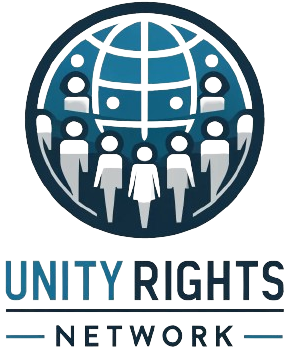The Gulf States, comprising Bahrain, Kuwait, Oman, Qatar, Saudi Arabia, and the United Arab Emirates (UAE), have long relied on migrant labor to fuel their booming economies. These workers, primarily hailing from South Asia and Africa, play a crucial role in constructing the region’s gleaming skyscrapers, maintaining its infrastructure, and providing essential services. However, despite their indispensable contributions, migrant workers often face deplorable working conditions, lack of legal protections, and severe human rights abuses. This article delves into the challenges faced by migrant workers in the Gulf States and underscores the urgent need for comprehensive reforms to safeguard their rights and dignity.

Working Conditions: Extreme Heat and Health Risks
One of the most pressing issues facing migrant workers in the Gulf is the extreme heat. The region’s scorching temperatures pose significant health risks, including dehydration, heat strokes, and other heat-related illnesses. Despite the introduction of midday work bans to mitigate these risks, these measures are often inadequately enforced and fail to provide comprehensive protection. Workers frequently report being compelled to work during the hottest parts of the day, sometimes with minimal or no breaks in shaded areas. The consequences of such practices are dire, leading to chronic health issues and, in some cases, fatalities (Human Rights Watch) (Human Rights Watch).
Legal and Social Protections: Inadequate and Inconsistent
Although there have been some legislative reforms aimed at improving the conditions of migrant workers, significant gaps remain. For instance, Qatar has implemented the Wet-Bulb Globe Temperature (WBGT) index to better assess and mitigate heat stress, a pioneering step among Gulf countries. However, the enforcement of such regulations remains weak, and many workers still lack basic protections like adequate rest areas and safe transportation (Migrant Rights).
The Kafala System: A Barrier to Mobility and Freedom
The Kafala (sponsorship) system, which ties workers to their employers, is a major source of exploitation and abuse. This system restricts workers’ ability to change jobs or leave the country without their employer’s permission, effectively placing them in a state of dependency and vulnerability. While countries like Qatar and Saudi Arabia have introduced reforms to loosen some of these restrictions, the impact on the ground has been limited. Many workers continue to face confiscation of passports, withheld wages, and severe restrictions on their freedom of movement (Human Rights Watch) (Wilson Center).
Health and Safety Concerns: A Chronic Crisis
The living conditions of migrant workers further exacerbate their plight. Overcrowded and unsanitary accommodations, inadequate healthcare, and lack of compensation for injuries are rampant. Many workers return to their home countries with chronic health conditions and no financial support. The COVID-19 pandemic has only worsened these issues, as many workers lost their jobs and were unable to return home due to travel restrictions and financial constraints (Human Rights Watch) (International Labour Organization).
Advocacy and Reforms: The Path Forward
International organizations such as the International Labour Organization (ILO) and Human Rights Watch have been at the forefront of advocating for better protections for migrant workers. These organizations emphasize the need for comprehensive reforms that include effective enforcement of labor laws, improved health and safety standards, and fair compensation practices. Additionally, there is a call for greater transparency and accountability from Gulf governments and employers to ensure that the rights of migrant workers are upheld (International Labour Organization).
Conclusion: A Call to Action
The situation of migrant workers in the Gulf States is a stark reminder of the urgent need for comprehensive and effective reforms. While some progress has been made, much more needs to be done to ensure that these workers are treated with the dignity and respect they deserve. Governments, employers, and international stakeholders must work together to create a more just and equitable system that protects the rights of all workers.
At UnityRightsNetwork.org, we remain committed to advocating for the rights of migrant workers and other disenfranchised groups worldwide. We call on the international community to join us in this critical mission, standing together to fight for justice, equality, and human rights for all.
Join us in our mission to create a world where every individual’s rights are respected and protected. Together, we can make a difference.

